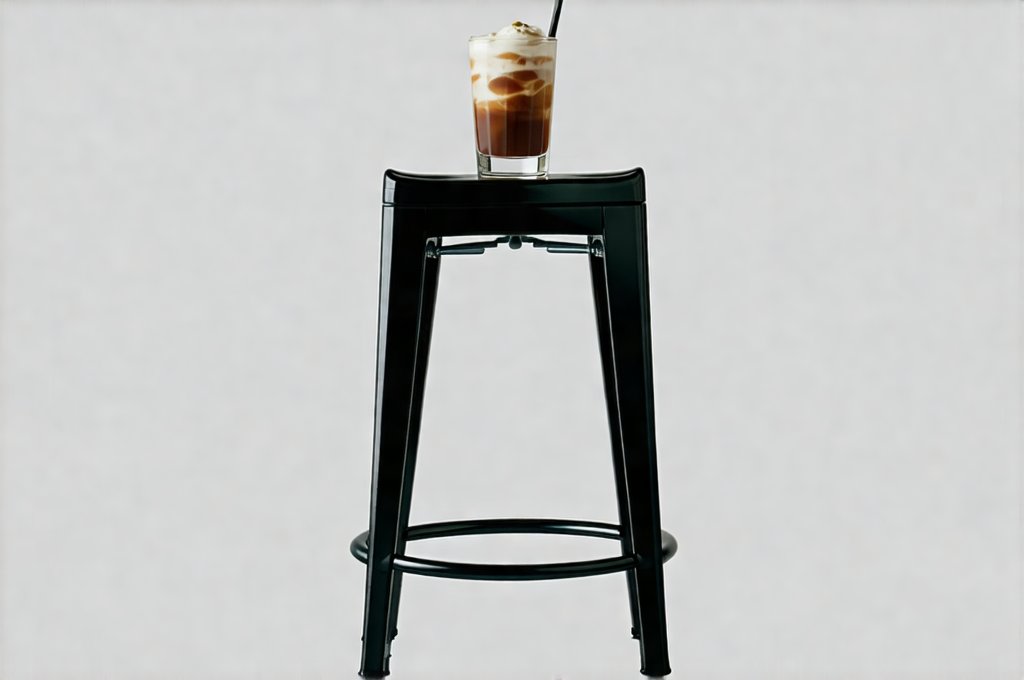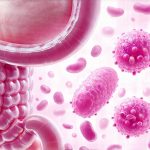The digestive system is an incredibly complex network, constantly working to process everything we consume. Often, we only notice it when something goes wrong – perhaps through discomfort, bloating, or changes in bowel habits. While occasional digestive upset is normal, a persistent pattern of soft stools can be frustrating and concerning. Many factors contribute to stool consistency, ranging from dietary choices to underlying medical conditions. However, an increasingly common contributor often overlooked is overexposure to gut-stimulating drinks—beverages that accelerate digestion and, when consumed in excess, can disrupt the delicate balance needed for forming healthy stools. This article will explore this connection, delving into how these drinks work, which ones are most commonly associated with soft stools, and strategies for mitigating their impact.
It’s important to understand that a single cup of coffee or a glass of orange juice isn’t likely to cause significant problems for most people. The issue arises from consistent and potentially excessive intake. Many individuals unknowingly consume multiple gut-stimulating drinks throughout the day—coffee, tea, sparkling water, citrus juices, even certain herbal infusions – without fully appreciating their collective effect on digestive speed. This can lead to a cascade of effects, ultimately resulting in stools that are looser than desired. We will examine how seemingly harmless beverages can contribute to this phenomenon and offer insights into restoring a more balanced gut environment.
The Science Behind Gut Stimulation
Gut stimulation refers to the acceleration of peristalsis – the wave-like muscle contractions that move food through the digestive tract. Several components within these drinks contribute to this effect. Caffeine, found in coffee, tea, and some sodas, is a well-known stimulant that directly speeds up intestinal motility. However, it’s not just caffeine. Certain acids present in citrus fruits (like orange juice) and sparkling beverages can also mechanically stimulate the gut lining, prompting faster movement. Even the temperature of a drink can play a role; warm or hot drinks generally encourage quicker digestion compared to cold ones.
This isn’t inherently negative – a healthy digestive system needs some level of stimulation to function efficiently. The problem lies in overstimulation. When the gut is constantly pushed into overdrive, it doesn’t have enough time to properly absorb nutrients and water from food. This leads to stools that are less formed and more prone to being soft or even watery. Furthermore, consistent rapid transit can disrupt the natural balance of gut bacteria (the microbiome), potentially exacerbating digestive issues over time. If you suspect a connection between your symptoms and gut health, explore gut reactions and mineral deficiencies.
The impact varies significantly between individuals. Factors like sensitivity to caffeine, pre-existing gastrointestinal conditions (such as Irritable Bowel Syndrome – IBS), and overall dietary habits all influence how a person responds to these drinks. What might cause minimal disruption for one person could lead to significant problems for another. Understanding your own personal tolerance is crucial. It’s also wise to consider if digestive diagnostics are needed to rule out other causes.
Common Culprits & Their Mechanisms
Identifying the specific beverages contributing to soft stools can be challenging, as consumption patterns often go unnoticed. Coffee and tea are frequently cited offenders due to their caffeine content, but it’s not just about the caffeine itself. Coffee contains compounds that stimulate gastric acid production, further accelerating digestion. Similarly, black tea and green tea contain tannins which can have a laxative effect in some individuals. Citrus juices – orange, grapefruit, pineapple – are rich in ascorbic acid (Vitamin C) and other acids that directly irritate and stimulate the intestinal lining.
Sparkling water, despite often being marketed as a healthy alternative to sugary sodas, can also contribute to gut stimulation. The carbonation physically expands the digestive tract, increasing pressure and encouraging faster movement. This effect is amplified when combined with citrus flavoring or sweeteners. Even seemingly benign herbal teas—like peppermint or ginger tea – are known for their prokinetic properties (meaning they promote intestinal motility). While beneficial for relieving bloating in some cases, excessive consumption can lead to overly rapid digestion.
It’s important to note that artificial sweeteners frequently found in diet sodas and sugar-free beverages have been linked to digestive issues as well. Some individuals experience diarrhea or soft stools after consuming products containing sorbitol, mannitol, or xylitol – sugar alcohols commonly used as alternatives to sugar. These sweeteners are poorly absorbed by the gut and can draw water into the intestines, leading to a laxative effect. Pay attention to ingredient lists and be mindful of your body’s response. If you notice bloating after consuming sugary drinks, consider if sugar cravings are playing a role.
Identifying Your Personal Triggers
Pinpointing which drinks are causing issues requires a bit of detective work. A food diary is an excellent starting point. – Record everything you drink for at least one week, noting the type of beverage, quantity consumed, and any associated digestive symptoms. – Look for patterns: Do soft stools consistently appear after drinking coffee in the morning? Or perhaps after consuming orange juice with breakfast?
Once potential triggers are identified, consider an elimination diet. This involves removing suspected beverages from your diet for a period (typically 2-4 weeks) to see if symptoms improve. Then, gradually reintroduce them one at a time, carefully monitoring your body’s reaction. This process can help you identify specific sensitivities and determine which drinks need to be limited or avoided. It’s also helpful to consider when you are consuming these beverages. Drinking a large amount of coffee first thing in the morning on an empty stomach is more likely to cause issues than sipping it slowly after a substantial meal. If reflux accompanies your symptoms, explore if reflux may be linked to food sensitivities.
Strategies for Mitigation & Management
Once you’ve identified your triggers, several strategies can help mitigate their impact and restore digestive balance. Firstly, hydration is key. Counterintuitively, while gut-stimulating drinks can contribute to soft stools, adequate water intake throughout the day helps maintain stool consistency by ensuring proper hydration of the intestinal contents. Secondly, consider adjusting timing. Avoid consuming large quantities of stimulating beverages on an empty stomach. Pairing them with food slows down absorption and reduces their immediate impact on digestion.
Another effective approach is portion control. Reducing the amount of gut-stimulating drinks you consume can significantly lessen their effect. For example, switching from a large coffee to a smaller one or diluting orange juice with water. Finally, incorporating fiber-rich foods into your diet can help bulk up stools and slow down digestion. Foods like oats, bananas, rice (the BRAT diet) are gentle on the digestive system and can provide relief during episodes of soft stools. Remember that these strategies are about moderation and finding a balance that works for you. You should also consider if GERD symptoms could be connected to your issues.
Seeking Further Guidance
While many cases of drink-induced soft stools can be managed with lifestyle adjustments, it’s essential to consult a healthcare professional if symptoms persist or worsen. Persistent diarrhea or changes in bowel habits could indicate an underlying medical condition that requires diagnosis and treatment. Conditions like IBS, Crohn’s disease, celiac disease, and food intolerances can all contribute to digestive upset and may be exacerbated by gut-stimulating drinks.
A doctor can help rule out other potential causes, provide personalized recommendations, and assess whether further investigation is needed. They might recommend tests such as stool analysis, blood work, or a colonoscopy to identify any underlying issues. Don’t self-diagnose. Seeking professional guidance ensures you receive appropriate care and avoid potentially harmful self-treatment. Digestive diagnostics can help pinpoint the root cause of your issues. Also, be aware that chewing ice may also contribute to gut imbalance. Remember that this information is for general knowledge and informational purposes only, and does not constitute medical advice. It is essential to consult with a qualified healthcare professional for any health concerns or before making any decisions related to your health or treatment.


















